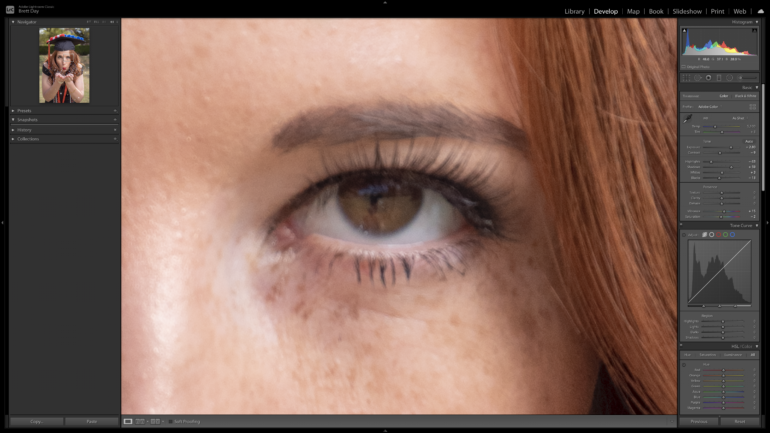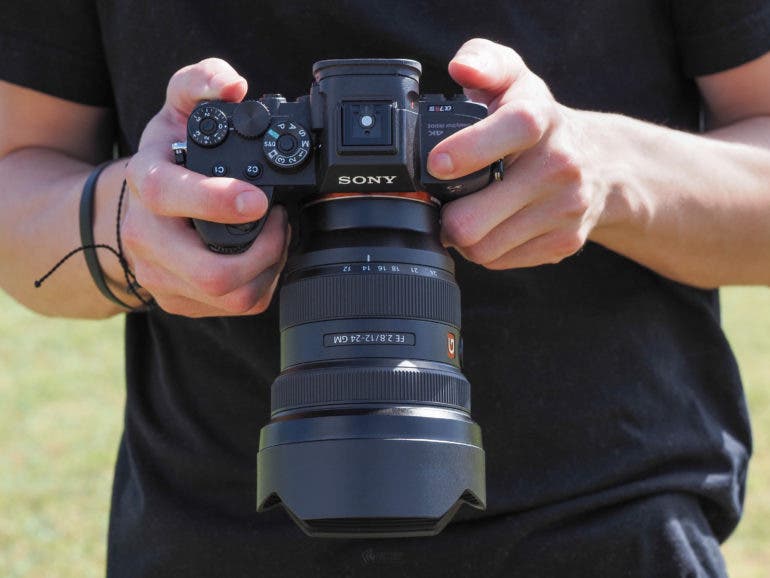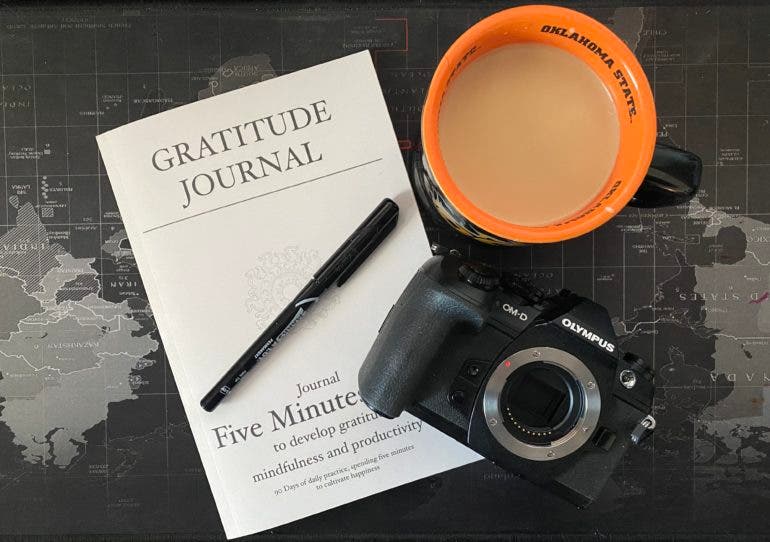Stop Pixel Peeping and Enjoy Your Images Stress Free
Digital Photography has given us so much good, but pixel peeping is consuming far too many photographers.
Do you pixel peep? Be honest with yourself. I’ll admit, I used to be terrible about pixel peeping, but I pulled myself out of the web it spins. Pixel peeping is one of the bad things that has come from digital photography. We can sit in front of computers and zoom in to 300% or more to see the tiniest details. Sometimes, we can even have a hard time figuring out what we’re looking at. The ability to do this is great, but the problems that come with pixel peeping will do you no good. After the break, we will explore why pixel peeping is a thief of joy and why you should stop.
Film photographers used to use a loupe gave photographers a chance to look at their negatives a little closer. The practice of taking a closer look at our images is really nothing new. The big problem now is that thanks to photo editing software, we can magnify our images to ridiculous extremes. I get it. It can be fun to zoom in on an image you just made. However, if over analyze everything, you’ll end up in a deep rabbit hole.
What Is Pixel Peeping?

Pixel Peeping is when someone zooms in to see details in an image that they have created with a digital camera. Zooming in to 100% to get a closer look at things is okay. This technique does allow us to see and eliminate issues such as dust spots, chromatic aberration, and fringing, so some good does come from it. The problems start when you pixel peep in the quest for perfection. As soon as you start doing this, it can be hard to stop.
Pixel peeping is inherently bad. You will quickly find yourself becoming obsessed with small details that take up a lot of your time. You’ll over analyze noise, and you’ll see things that aren’t even a problem. All because you have zoomed-in to unrealistic levels and are honestly expecting too much.
Pixel Peeping Causes G.A.S
Pixel Peeping is prime fuel for G.A.S (gear acquisition syndrome) because you will nitpick every little issue your gear introduces. Take lenses, for example. There’s no such thing as a perfect lens. There will always be flaws. Pixel peeping will make you find them, and you will become discouraged. Zooming in to the extremes can also make your images look soft, for example, when they aren’t at all.
Cameras won’t be safe from your all-seeing zoomed-in eyes either. When pixel peeping, you will become hypercritical of grain and noise. You’ll find yourself spending hours trying to remove artifacts that aren’t a big problem. They only look like a big problem because you’re at 200%, 300%, and 400% magnification. You’ll also start to dislike the way your camera renders noise. Just like with the lenses, you’ll be wanting a new camera too.
The level of unhappiness pixel peeping causes will make you believe your gear is inadequate. Before long, you will purchase another lens or camera, in the hopes that it’s better. But guess what? You’ll find flaws with them too, and the cycle will continue. Meanwhile, your bank account will be crying and pleading for help.
Your Stress Levels Will Skyrocket

I cannot say this enough. Pixel peeping is stressful. Every time you get home from an event, any paid gig, or a fun shoot, the process of over-analyzing will start again. You won’t give yourself one second to enjoy the whole image. You won’t appreciate the bigger picture because you will be consumed with tiny details that nobody but you cares about. We do this to ourselves so that we can fix minor issues before others can spot them (which they likely won’t). You’ll end up putting so much stress on yourself to create perfect images that the joy of photography will escape you.
If you peep pixels too much, you’ll even start questioning if you’re a good enough photographer. You’ll wonder why your images never look like other photographers’ pictures do. You’ll never be happy. The other downside is that you will become so used to doing this that you’ll do it to other photographers’ work as well. Yes, you’ll become one of the many internet trolls who put down everyone else’s images. Pixel peeping is time consuming, self-destructive, stress-inducing, and can lead to toxicity.
Take A Deep Breath and Enjoy Your Images

It’s easy for someone to say, stop pixel peeping. I know how challenging it can be to get out of the habit, but it can be done. If you must zoom, just do so to 100% so you can fix common issues. Stop over-analyzing every pixel, and every detail in your images, though. What’s important is the story, the emotion, and the feelings that the whole picture gives you. I promise you, the vast majority of people and your clients aren’t looking at your work from an inch away with a magnifying glass to see if they can spot a flaw. They just see the whole image. So should you.
Enjoy your images, celebrate what they are, and embrace any small flaws. Accept that noise and grain are part of photography and that flares, fringing, and other things occur. Stop beating yourself up, and stop being hypercritical of yourself. Photography is supposed to be fun, not stressful. Photo editing shouldn’t consume you and take up all of your time, either. Just take a deep breath, relax, take in the bigger picture, and let pixel peeping fade away.